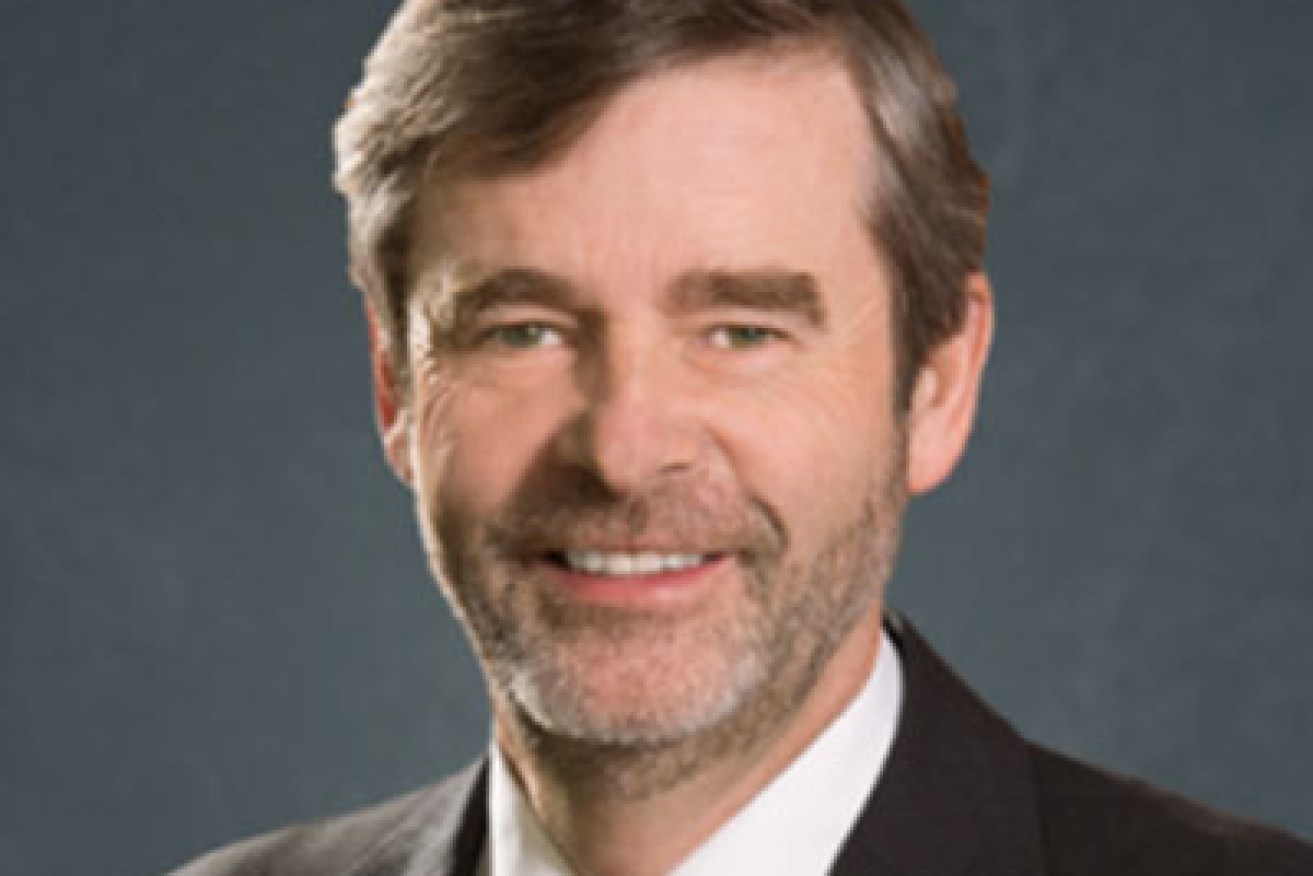Malcolm Turnbull’s chief of staff is cut from different cloth

Malcolm Turnbull’s choice of Communications Department head Drew Clarke as his acting chief of staff might signal a shift back to a more consultative cabinet government last seen under John Howard, and a more trusting, two-way relationship with the Australian Public Service.
Mr Turnbull told his Liberal colleagues on Tuesday that Mr Clarke had agreed to act in the extremely important and demanding behind-the-scenes role.
Tony Nutt, a key political adviser to both Mr Howard and Tony Abbott, is directing his transition into the office.
• Peta Credlin on the outer after two-for-one deal
• Liberals surge in new polls
• One thing Tony Abbott was completely right about
• Here’s how the reshuffled Cabinet could look
The new Prime Minister’s decision to put a highly experienced public servant into the central role – even if only as an interim arrangement – is seen as a positive sign by many knowledgeable observers with experience at the highest levels of the APS.

Drew Clarke’s appointment could be indicative of a shift in style from the government.
One former departmental secretary said the appointment was “hugely significant” and suggested we could see a return to the way the PMO was run under Bob Hawke, Paul Keating and Mr Howard.
A senior bureaucrat who worked closely with the PMO during the Kevin Rudd and Julia Gillard years said the shift to more politically-minded chiefs of staff – which continued under Mr Abbott – had caused a lot of the problems that hamstrung the ability of those prime ministers to effectively lead the government.
The growth of social media and other aspects of the digital revolution have accelerated rapidly since Mr Rudd won power in 2007.
Incessant superficial political commentary could be a factor in the recent years of instability, and the inability of any prime minister since Mr Howard to maintain electoral support while pursuing their policy agenda.
Mr Abbott famously blamed a “febrile” media environment for his inability to maintain traction, but perhaps the changing role of the PMO also has a lot to do with it.
Insight Economics director and former department head David Charles says, in his day, the PM’s chief of staff was a “go-between” whose job was very complex and involved a lot of two-way communication.
Mr Charles, who was secretary of the Department of Industry, Technology and Commerce in the late 1980s, says a successful COS needs the ability to have hard conversations, but also to see their relationships with other ministers and the public service as a two-way street.

Peta Credlin was a hands-on chief of staff to Tony Abbott. He described her as a ‘political warrior’.
A key point lost on recent prime ministers when it comes to setting up an effective office to manage the central point of the Commonwealth seems to be that there is a world of difference between being an opposition leader and a prime minister.
Senator Arthur Sinodinos, a former Treasury official who ran Mr Howard’s office, more or less got the “delicate balance” right, according to Dr Charles.
“He was a good listener, he was very intelligent and he had that experience in Treasury so he understood the policy issues,” he told The Mandarin.
“Howard and Arthur were complementary. Arthur knew it was worth spending time with ministers, heads of departments and other key advisers, before leaping to one-line dictates.”
A PM needs a chief of staff who complements them by being able to play roles they are unable to, rather than an amplifier, he says. If Mr Clarke brings that “consultative” style back to the PMO it could well have positive results.
“When you’ve got as the head of your office someone who’s described as a ‘political warrior’ [as Tony Abbott described his CoS Peta Credlin] then it’s kind of like the prime minister multiplied by two,” he said.

Arthur Sinodinos and John Howard worked well together. Photo: AAP
It is not clear how long Mr Clarke will stay in the role, and if he is replaced soon, whether that person will have a similar experience in the business of government rather than politics.
The Australian Financial Review’s government reporter Verona Burgess suggests he could only do the job for a few weeks before he would be “tainted” as a political operative and therefore unable to go back to a senior APS position.
Meanwhile, Fairfax reported on Wednesday afternoon that Martin Parkinson, the outspoken former secretary of the Treasury, might be in line for the permanent job.
Public administration professor Janine O’Flynn is keenly watching how Mr Turnbull’s relationship to the APS plays out.
From his early comments, she suspects he might make a “more forceful attempt to get business principles into government” and become Australia’s first CEO-style Prime Minister.
“It’s not clear to me that he is someone who will take to an ideological battle with the APS, but he is talking disruption, change, transformation,” Professor O’Flynn told The Mandarin. “Whether he thinks this extends to the APS will be the issue to watch in my view. Or does he see that as being the role of business?”
University of Canberra Professor Emeritus Meredith Edwards of the Institute for Governance and Policy Analysis, who was a deputy secretary at PM&C in the 1990s, also thinks the interim appointment is a good move to start with, and suspects that Mr Turnbull will have a more trusting relationship with the APS than his predecessor.
As a new prime minister recruits staff to beef up their private office and tries to rapidly get across an avalanche of briefs on current, urgent and emerging issues, it is normal that senior public servants – usually from PM&C – are on hand to help with the transition.
But based on his track record as a minister and early signs such as Mr Clarke’s appointment to at the very least hold the fort for a week or so, there is widespread anticipation of a more collaborative and productive relationship between the PMO, ministerial offices and the public service.
This article first appeared on The Mandarin









